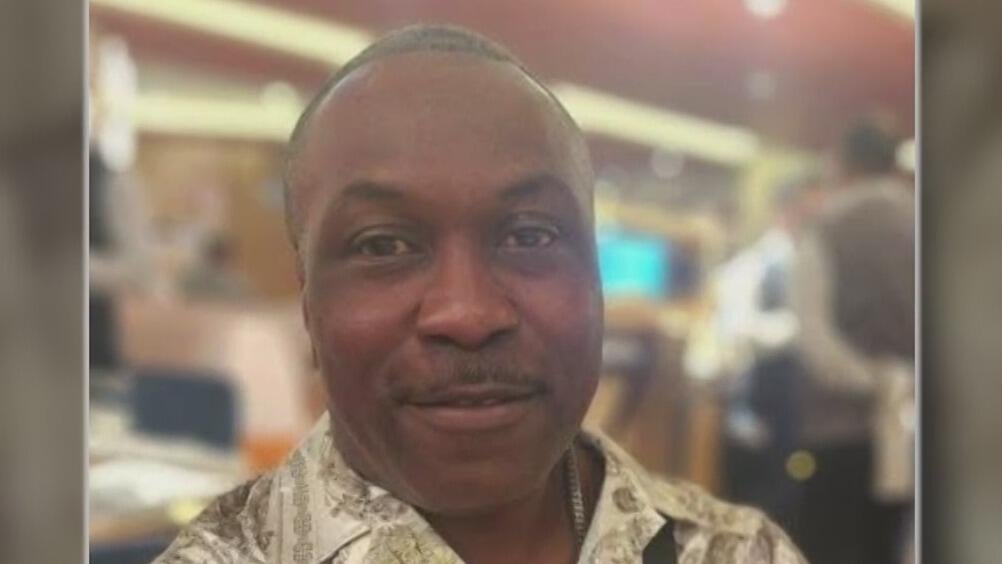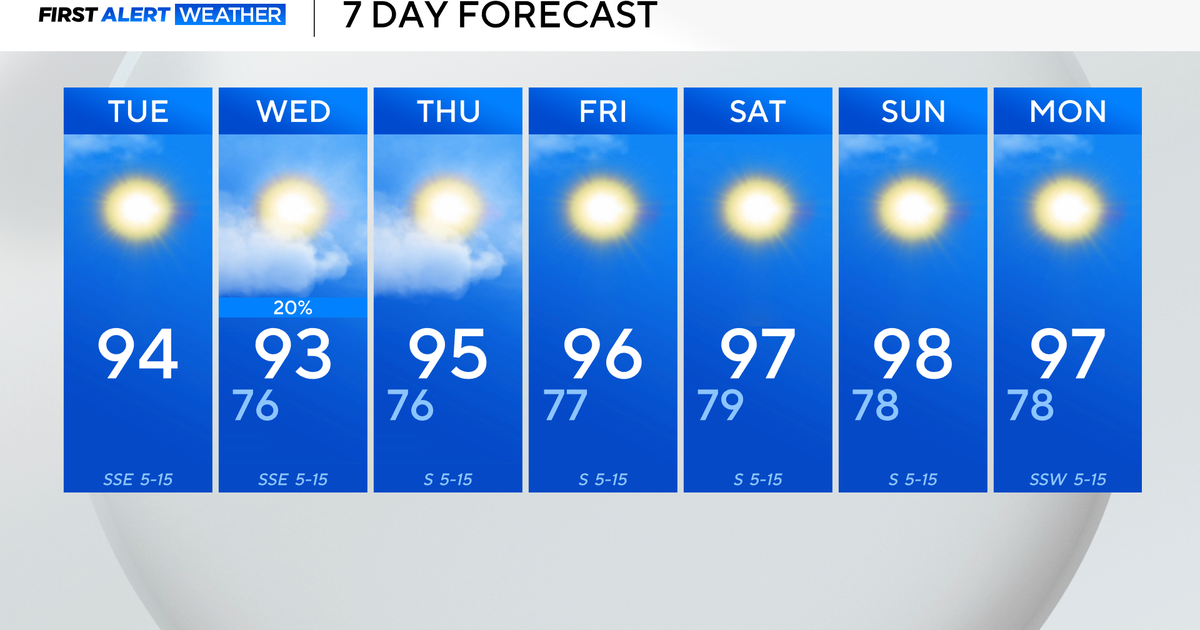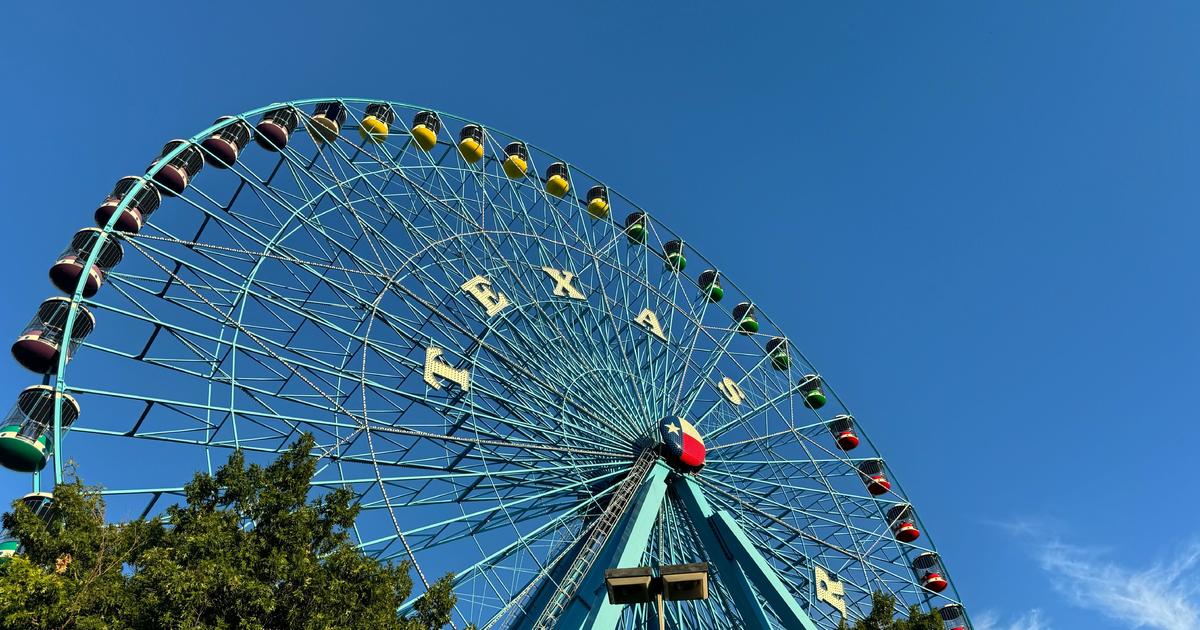Dallas letter carrier dies after collapsing in 90-degree heat, highlighting Texas work safety risks
A Dallas mail carrier died Saturday after collapsing on his mail route on the first day of summer, highlighting the deadly risks of work in Texas' extreme heat.
Jacob Taylor, 51, was a 28-year employee with the U.S. Postal Service. Last Saturday, he started his deliveries from the Brookhollow Post Office in Northwest Dallas.
The temperature outside was in the 90s.
The president of the National Association of Letter Carriers, Brian L. Renfroe, spoke before the House Subcommittee on Government Operations on Tuesday, announcing that Taylor "died on the job last week" amid extreme heat conditions.
"I was told that a customer saw him entering his mail together to make deliveries, all of a sudden, collapsed," said Kimetra Lewis, who represents members of the Dallas Union for Letter Carriers.
There are 2,800 union members, and within the past two years, there have been two deaths.
On June 20, 2023, Dallas letter carrier Eugene Gates Jr. collapsed and died on his mail route. The heat index that day was 117 degrees. His wife said the vehicle he was driving that day was not air-conditioned.
OSHA fined the U.S. Postal Service more than $15,000 for not protecting Gates from the heat. The citation listed recommended measures, including earlier start times and a heat acclimatization plan.
The U.S. Postal Service said it is "deeply saddened by the loss of life involving a Dallas letter carrier," and that the safety of its employees is a top priority, including the use of a .
The official cause of death for Taylor has not been released.
"I'm hoping it's not heat-related, because it would put another scare for letter carriers, not just here, but everywhere," said Lewis.
Safety and heat-related illnesses
According to MedStar, prolonged and/or intense exposure to hot temperatures can cause heat-related illnesses.
Heat exhaustion
Heat exhaustion occurs when the body loses large amounts of water and salt through excessive sweating. This is usually through physical labor or exercise. The loss of essential fluids can disturb your circulation and interfere with brain function.
Symptoms
Symptoms of heat exhaustion may include muscle cramps, paleness, sweating, nausea, and vomiting. Children and the elderly are especially susceptible.
Heat stroke
Heat stroke is the more dangerous of the two. It is a life-threatening problem that occurs when the body suffers long, intense exposure to heat and loses the ability to cool itself.
What are the signs?
Some of the most common signs of heat stroke include confusion, vomiting, altered sweating, hot and flushed skin, rapid heart rate, decreased sweating, shortness of breath, decreased urination, increased body temperature, or even convulsions.
If you see someone displaying the above signs, you are advised to immediately call 911.
MedStar's tips
- Hydrate: Drink plenty of water during the day, especially if you are engaged in any strenuous activity. Sports drinks are a good choice if you're exercising or working in hot conditions, but water is a good way to hydrate as well.
- Ventilate: Stay in a place where there is plenty of air circulating to keep your body cool. If you are indoors and don't have access to air conditioning, open windows and use a fan.
- Cover up: Wear light-colored and loose-fitting clothing to avoid absorbing the sun's light and trapping heat. Wear a hat to shield yourself from the sun, but once you feel yourself getting warm, remove any items covering your head that can trap heat close to your body.
- Limit activity: Heatstroke can occur in less than an hour when you are participating in strenuous activity during a hot day. If you feel yourself getting hot or light-headed, stop your activity and rest in a cool place out of the sun. Be sure to drink water or a sports drink before, during, and after any strenuous activity.
- Check on loved ones: The elderly are especially vulnerable to heat-related emergencies. Many elderly residents are not aware of how hot it may get in their residence. Call on older friends and family members regularly to assure they are doing OK.




